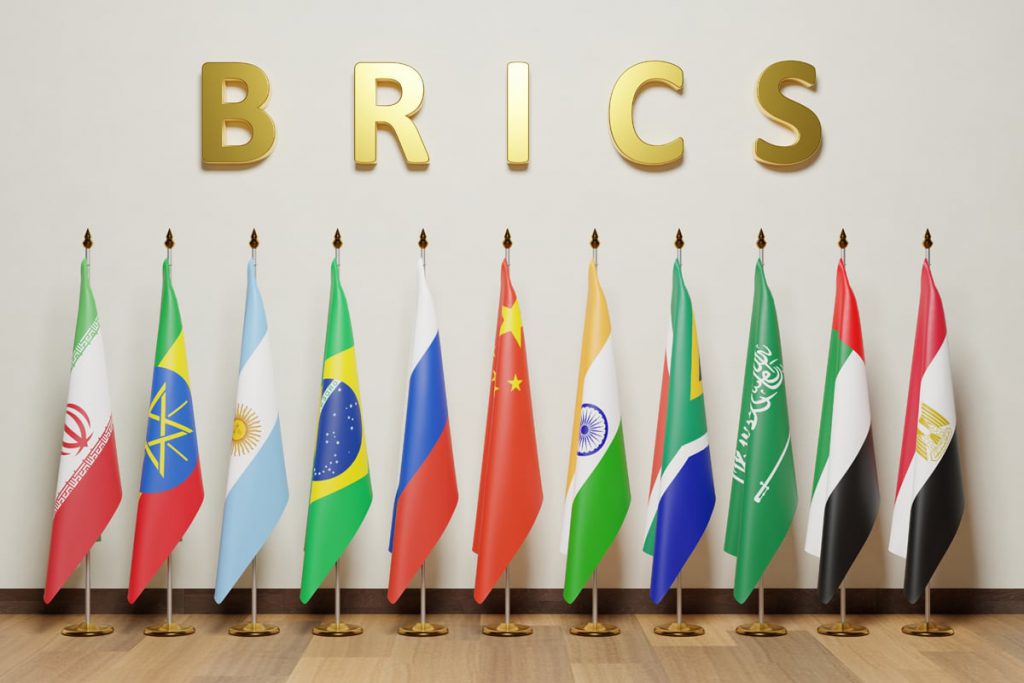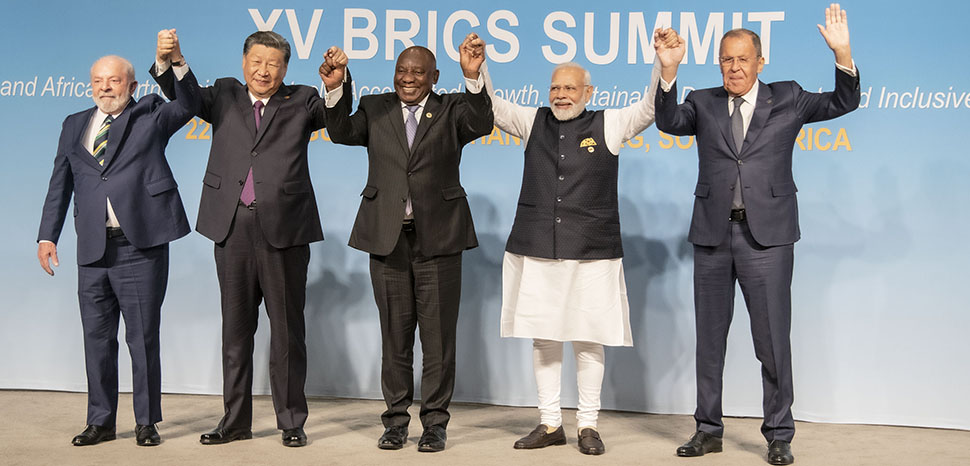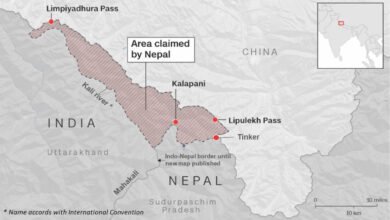BRICS to Create a Central Bank to Issue its Native Currency

The BRICS economic alliance is reportedly set to create a central bank of its own in order to issue its native currency. Indeed, Russia’s Deputy Foreign Minister, Sergei Ryabkov, recently noted the creation of such a bank as central to the eventual creation of BRCIS currency.
Ryabkov was asked about the ongoing development of a BRICS common currency. Specifically, RIA Novosti was asked about the status of the project. In response, Ryabkov identified the issues facing its continued development and some of its most urgent steps.


Also Read: BRICS: 11 Currencies Dip Against the US Dollar
BRICS to Develop Its Own Central Bank
Throughout the last year, the BRICS economic alliance has been developing its own common currency. Indeed, the collective has been discussing those prospects to enhance its de-dollarization efforts further. Yet, there have been some emerging concerns regarding the project, and when it could finally come to fruition.
In a recent discussion with Russia’s Deputy Foreign Minister Sergei Ryabkov, he expressed that the BRICS alliance must first create a central bank to issue the common currency. Specifically, Ryabkov noted that issue as paramount to the eventual creation of the asset.
“I would not say that this idea has been shelved,” Ryabokov said in a press conference reported by state-owned news entity RIA Novosti. “Its implementation, as we all understand, involved, among other things, such aspects as the creation of a single issuance center, the creation of a central bank that sets a common basic discount rate,” Ryabkov said.


Also Read: BRICS: US in Recession as Debt May Drive Further Crisis
Thereafter, Ryabkov noted the vital impasse that the alliance now finds itself. Specifically, he stated that the 15-year-old alliance has just doubled in size through its recent expansion. Therefore, he claimed the bloc is “hardly ready for such steps and experiments.” However, he also noted that “this does now mean the idea has been postponed.”
Those states create a rather confusing status report on the project. It does, however, give insight into its necessary developments. Specifically, Ryabkov ensures that the creation of a central bank is an important part of the project itself.
Yet, such an important development will likely take some time to come to fruition. Subsequently, Ryabkov was asked about a timetable for the project. Although he was limited in the specifics, he said that time is “not calculated in years and decades, but much faster.”
Source link





